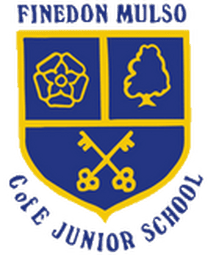Our Curriculum
The main goal of our curriculum is to expand pupils understanding of the world around them, prepare them for life beyond our school and give them the knowledge and skills they need to succeed. We aim to provide that through an enjoyable and enriching curriculum that is carefully designed with the way pupils learn in mind.
We teach each subject discretely because we recognise that knowledge and skills need to be taught explicitly within the context we want pupils to apply them in, however we support children to see the links across the curriculum to help them strengthen their understanding and develop rich schemas of knowledge. Within each subject, our curriculum is broken down into small, sequential steps that help all children to make progress and experience success.
We aim to empower pupils to take ownership of their own learning journey, developing the confidence to contribute and the resilience it takes to listen, learn and improve. We teach pupils about this through our personal development programme but believe that in every lesson we have the opportunity to support pupils in putting this into practice.







